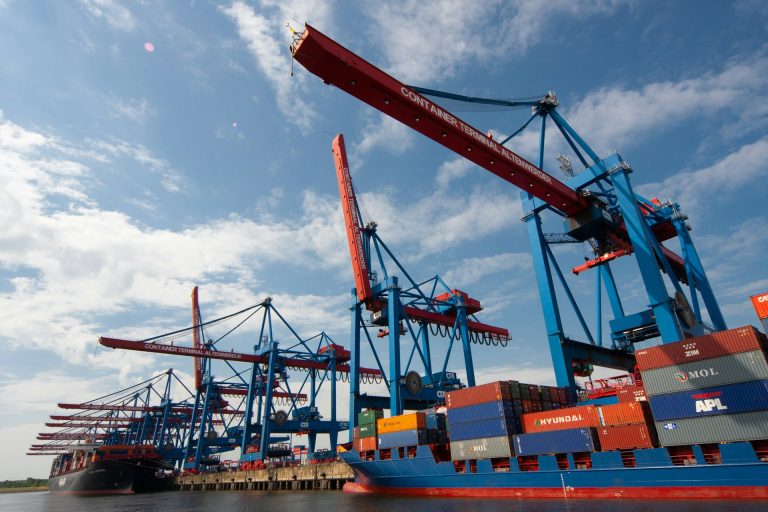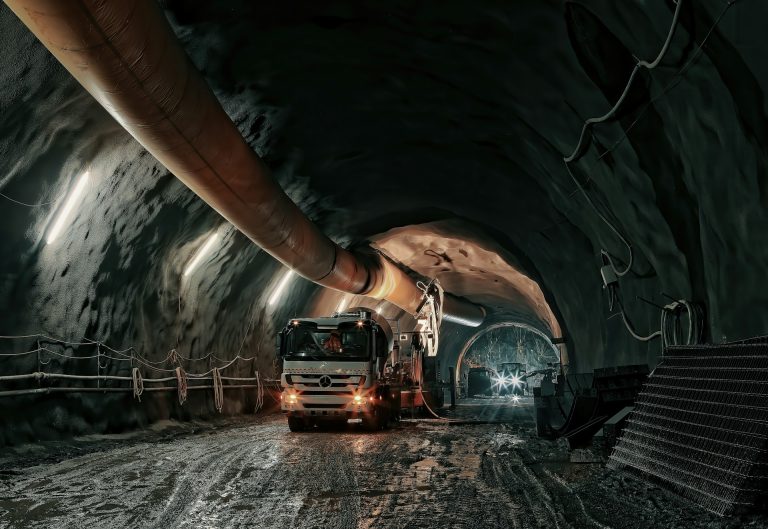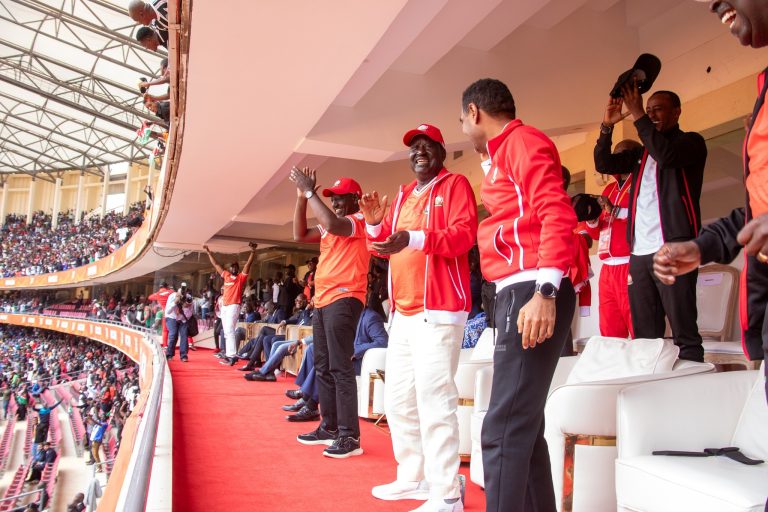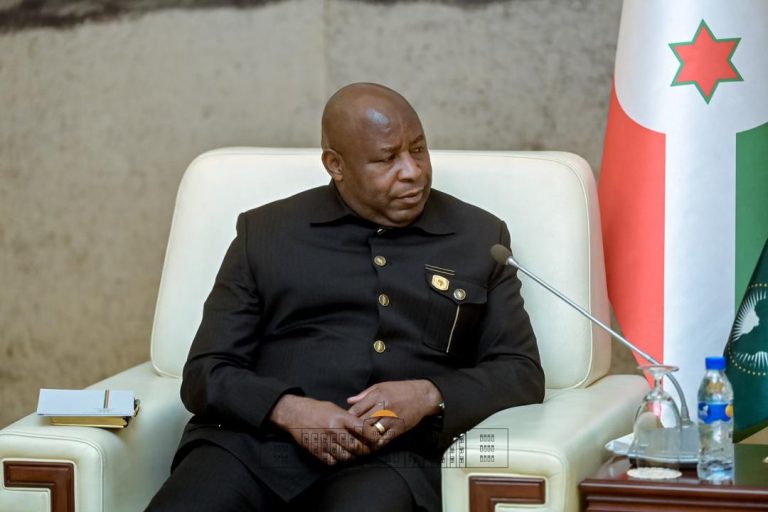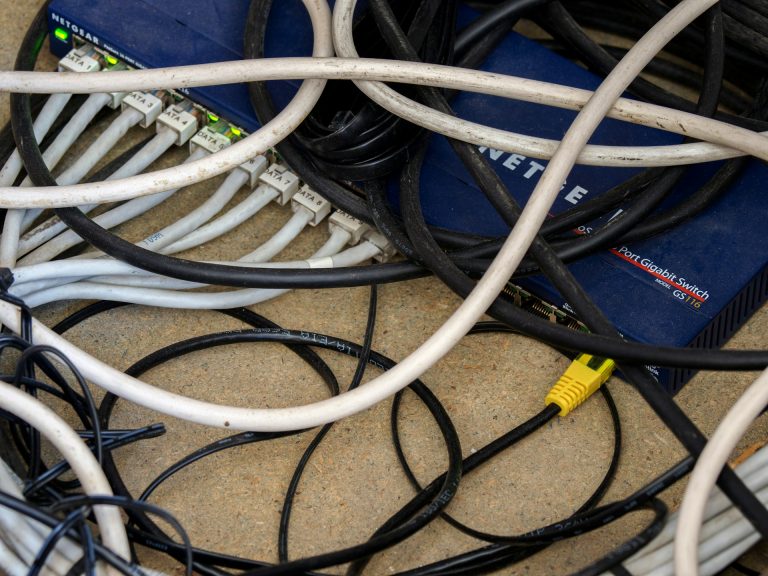- Cobalt export suspension extended until mid-October
- New system reshapes global battery metal flows with 2026 quotas capped at 96,600 tonnes
KINSHASA, CONGO – DR Congo has extended its suspension of cobalt exports until 15 October, introducing a quota system set to reshape global supply chains for the critical battery metal from the fourth quarter onward.
Under the new rules, Congo’s regulatory authority ARECOMS has capped fourth-quarter 2025 exports at 18,125 tonnes – 3,625 tonnes in October and 7,250 tonnes each in November and December. For 2026, the quota will stand at 96,600 tonnes, including an 87,000-tonne base allocation and a 9,600-tonne “strategic reserve” managed by the state.
“By anchoring exports to historical volumes and excluding speculative players, ARECOMS is signalling a preference for long-term industrial partnerships over short-term trading arbitrage,” mining consultant Kibanza Munga, based in Lubumbashi, told Allen Dreyfus.
Companies that exported fewer than 100 tonnes in 2024 or lack operating cobalt mines will be excluded. Any unutilised quotas will be redistributed quarterly to balance the market. ARECOMS reserves the right to revoke allocations from non-compliant firms and even repurchase surplus inventories to steady supply.
Global impact
The policy marks a direct intervention in the cobalt trade, where Congo supplies more than 70 percent of the world’s raw material used in electric vehicle batteries and electronics. Analysts say the shift will tighten control of supply and amplify price volatility in a market already struggling with fragile spot prices.
“The 9,600-tonne strategic reserve gives Kinshasa a flexible tool to support domestic transformation projects or respond to geopolitical disruptions,” Munga said.
Portfolio managers with exposure to electric vehicle supply chains may be forced to recast procurement strategies as exporters adapt to staggered release schedules.
By excluding small-scale refiners and non-mining traders, the new rules concentrate market access among larger operators, raising concerns of pricing power and reduced transparency.
While some view the curbs as protectionist, others see them as stabilising.
“This is not a blanket protectionist action,” Munga argued. “It’s a step up in governance — one that aligns Congo’s cobalt exports with its developmental imperatives and global energy imperatives.”
As the October deadline approaches, traders and manufacturers will be watching Kinshasa closely for signals on how ARECOMS balances local beneficiation with global demand.
For a market long defined by informal flows and opaque logistics, Congo’s move could usher in an era of structured scarcity – one with far-reaching consequences for the global energy transition.


